Are boomers the real phone addicts?
There’s an ‘explosion in screentime’ among older people – and they’re more vulnerable to misinformation
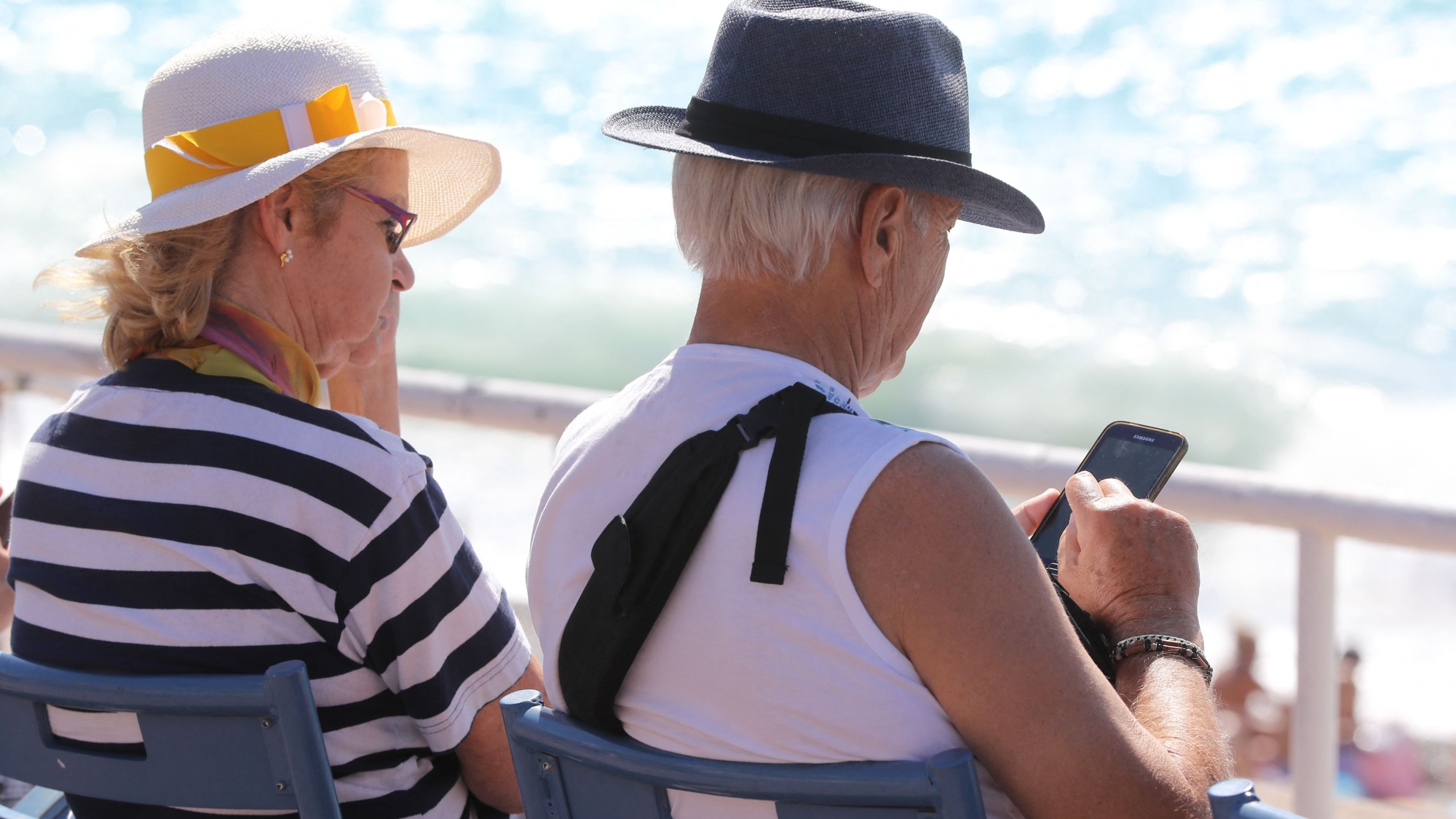
A free daily email with the biggest news stories of the day – and the best features from TheWeek.com
You are now subscribed
Your newsletter sign-up was successful
Everyone says that young people spend too much time on their phones but what if they’re not the biggest offenders?
Half of those between the ages of 61 and 79 are spending more than three hours a day on their phone, according to a survey of 2,000 US baby boomers by AddictionResource.net. And 20% of those surveyed regularly clock up more than five hours a day online.
Not teenage but old age
There’s a “moral panic” in many countries over the impact of digital technology on teenagers, said The Economist. But there’s a “less-noticed explosion in screentime” happening among 60-somethings. As older people enter retirement, their time spent on smart devices is “shooting up”.
The Week
Escape your echo chamber. Get the facts behind the news, plus analysis from multiple perspectives.

Sign up for The Week's Free Newsletters
From our morning news briefing to a weekly Good News Newsletter, get the best of The Week delivered directly to your inbox.
From our morning news briefing to a weekly Good News Newsletter, get the best of The Week delivered directly to your inbox.
This generational cohort have been online since early middle age and they’re now “among the most enthusiastic adopters” of digital gadgets. They are more likely than under-25s to own tablets, smart TVs, e-readers, and desktop and laptop computers, according to a seven-country survey by research firm GWI. For them, “retirement is starting to look a lot less about golf and more about ‘Grand Theft Auto’”.
Older people may be “more insulated” than teenagers from some of the “social shunting” dangers of social-media exposure but they are more vulnerable to digital scammers and misinformation. With none of the social guardrails teachers and parents impose on teenagers’ screen time, they’re more likely to disappear down internet rabbit holes and less likely to have someone to turn to for help.
Writing in The Guardian, journalist April O’Neill described an older man who had “time on his hands” and “little media literacy” for “figuring out” which information sources he should trust. He “went from talking about birdwatching to sharing interviews featuring Tommy Robinson to saying migrants are taking our jobs” and believing conspiracy theories.
His case may be extreme but age-related susceptibility to misinformation is not: a US study published in Public Opinion Quarterly last year found that, although older Americans can identify misleading online content as well as younger Americans, they are more likely to engage with it – and so, over time, become “more vulnerable to hyperpartisan news”.
A free daily email with the biggest news stories of the day – and the best features from TheWeek.com
Cognitive powers
It’s not all bad news: over-50s who regularly use digital devices have lower rates of cognitive decline than those who don’t, according to a meta-analysis of studies tracking more than 400,000 older adults, published in Nature Human Behaviour.
While it’s not clear if it’s the technology that “staves off mental decline” or if people with better cognitive skills “simply use them more”, the findings do call into question the assumption that increased screen time drives “digital dementia”, said The Guardian’s science editor Ian Sample.
Older people “may have more to gain from smart devices” than the rest of us, said The Economist. From Zoom church services and book clubs to online GP appointments and e-commerce, the “connective power of the internet is especially valuable to those who struggle to get out”.
Chas Newkey-Burden has been part of The Week Digital team for more than a decade and a journalist for 25 years, starting out on the irreverent football weekly 90 Minutes, before moving to lifestyle magazines Loaded and Attitude. He was a columnist for The Big Issue and landed a world exclusive with David Beckham that became the weekly magazine’s bestselling issue. He now writes regularly for The Guardian, The Telegraph, The Independent, Metro, FourFourTwo and the i new site. He is also the author of a number of non-fiction books.
-
 What is the endgame in the DHS shutdown?
What is the endgame in the DHS shutdown?Today’s Big Question Democrats want to rein in ICE’s immigration crackdown
-
 ‘Poor time management isn’t just an inconvenience’
‘Poor time management isn’t just an inconvenience’Instant Opinion Opinion, comment and editorials of the day
-
 Bad Bunny’s Super Bowl: A win for unity
Bad Bunny’s Super Bowl: A win for unityFeature The global superstar's halftime show was a celebration for everyone to enjoy
-
 Is a social media ban for teens the answer?
Is a social media ban for teens the answer?Talking Point Australia is leading the charge in banning social media for people under 16 — but there is lingering doubt as to the efficacy of such laws
-
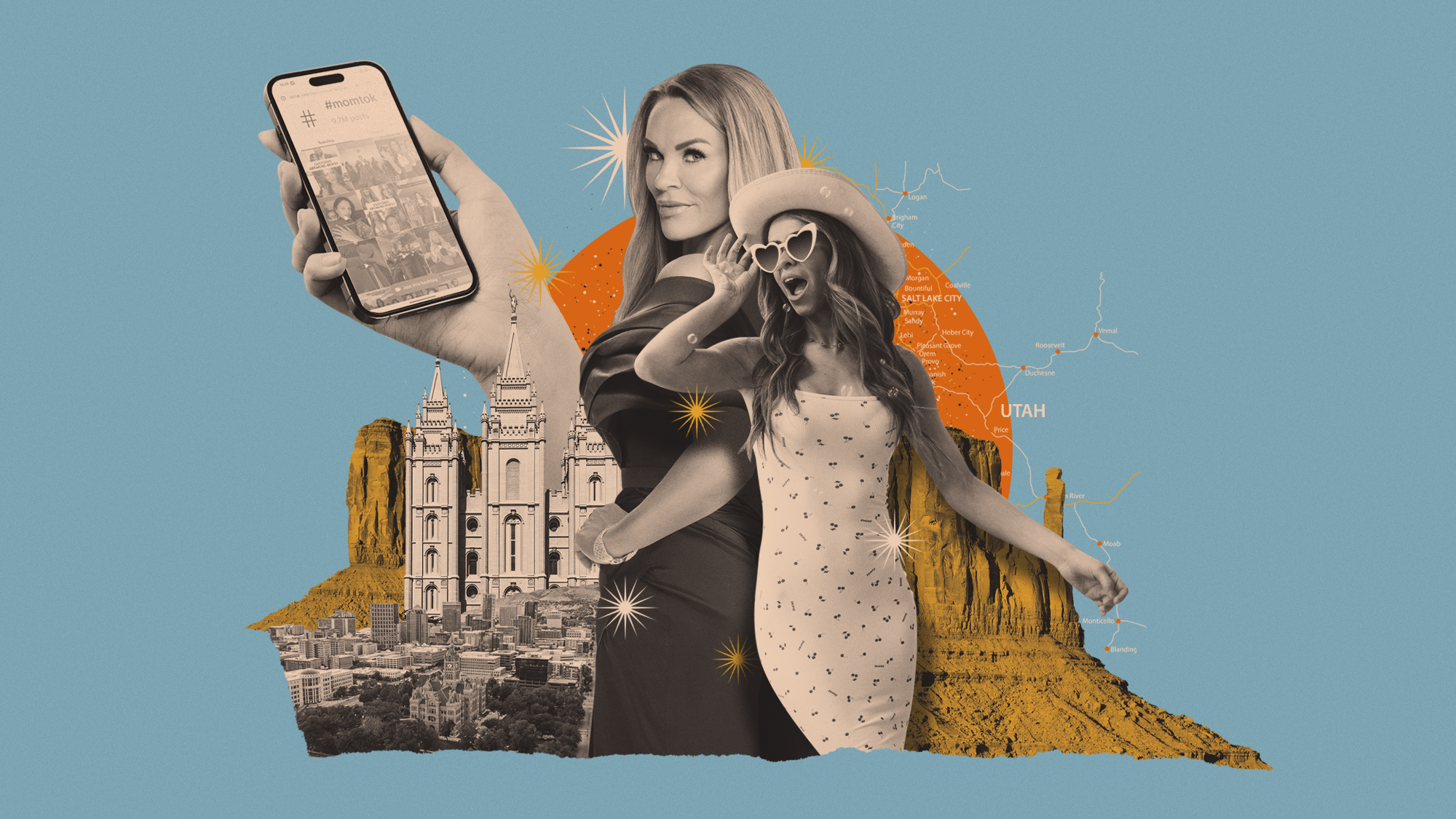 How Utah became a media focal point
How Utah became a media focal pointIn Depth In producing the stars of #MomTok and reality TV alike, Utah has emerged as a media powerhouse
-
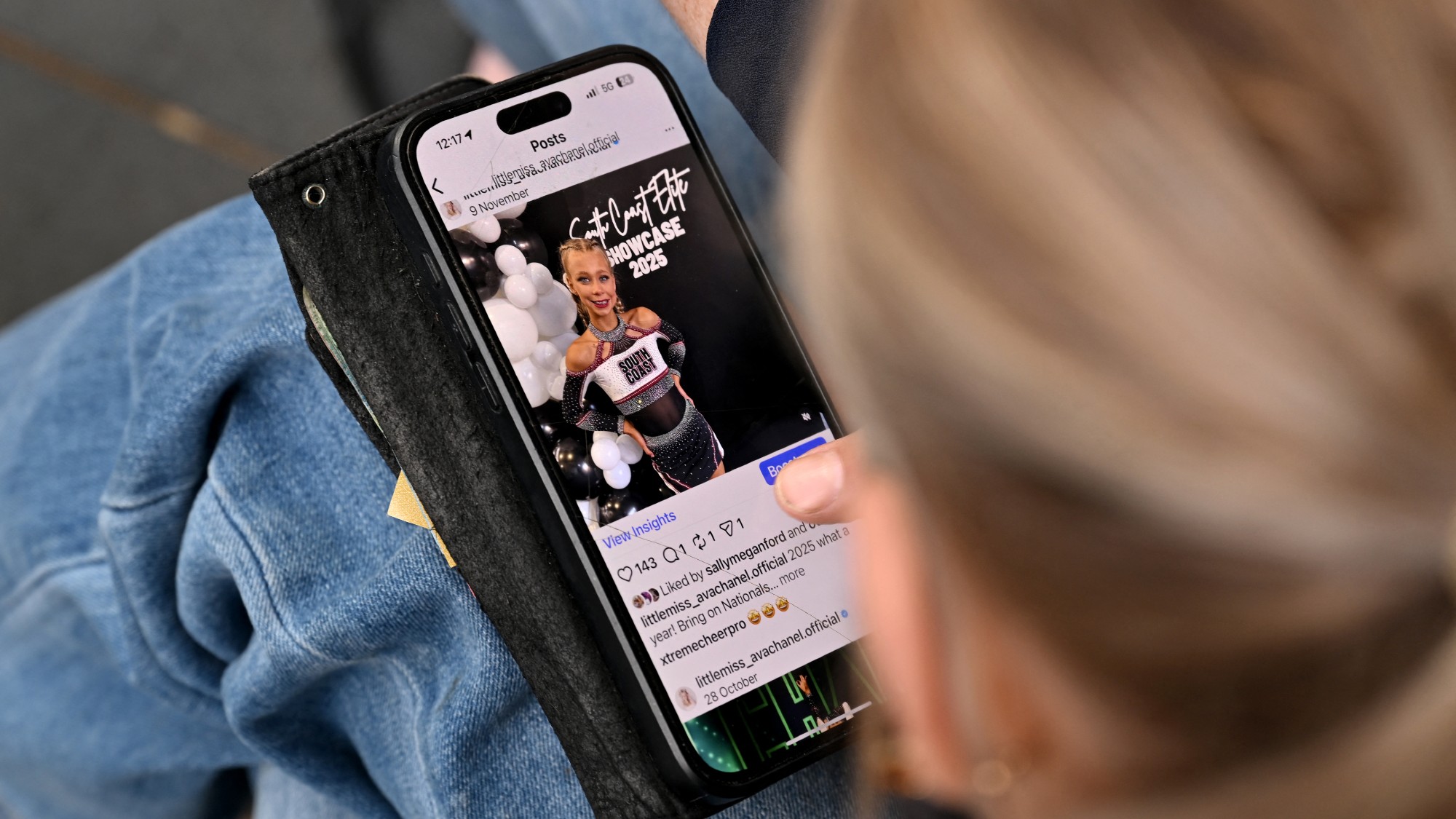 Australia’s teens brace for social media ban
Australia’s teens brace for social media banIn The Spotlight Under-16s will be banned from having accounts on major platforms
-
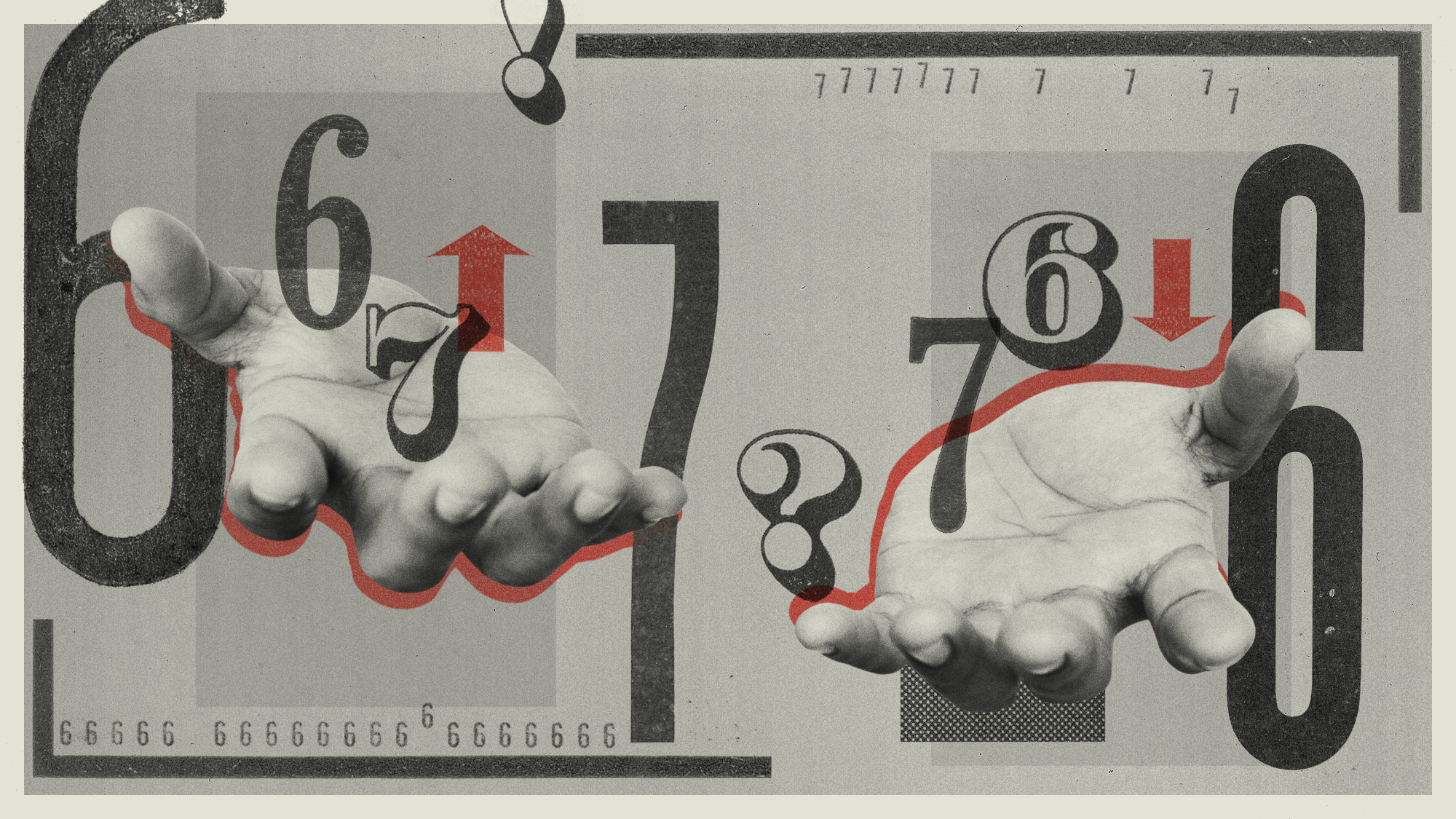 The six-seven meme that has taken over the world
The six-seven meme that has taken over the worldIn the Spotlight With roots in rap and basketball, the phrase has young people obsessed, and it could be here to stay
-
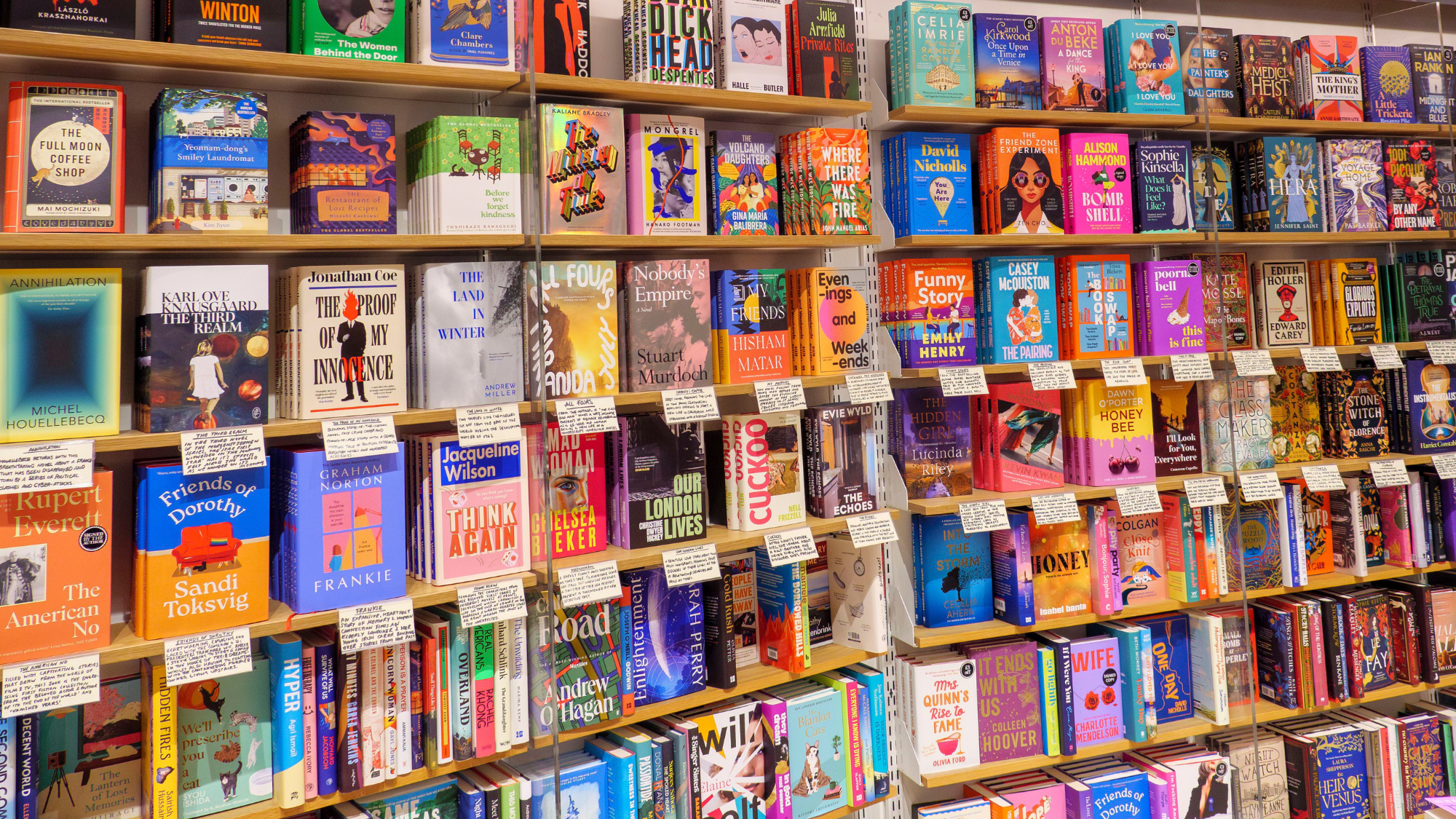 BookTok is reviving publishing – but at what cost?
BookTok is reviving publishing – but at what cost?In The Spotlight Social media recommendations are boosting book sales but critics give the trend mixed reviews
-
 The rise of the performative male
The rise of the performative maleTalking Point What the latest internet trope tells us about gender roles, dating and male illiteracy
-
 6 helpful (and way cute) phone accessories
6 helpful (and way cute) phone accessoriesThe Week Recommends Answer the call of style
-
 The rise of performative reading
The rise of performative readingIn The Spotlight Why Gen Z may only be pretending to read those clever books